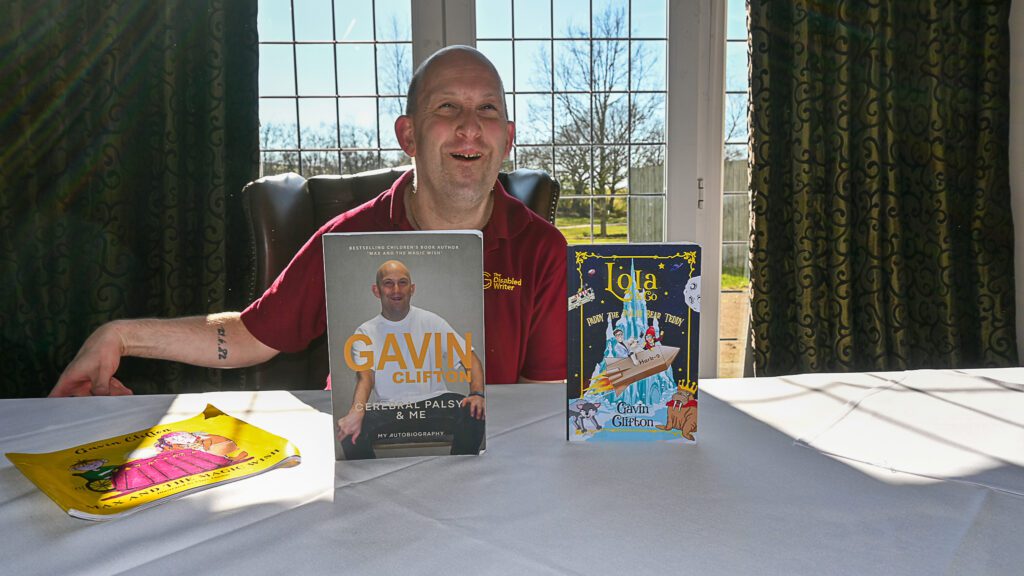May marks National Share a Story Month, a time to celebrate the transformative power of storytelling, especially for young people. Instead of just praising the influence of books, let's explore the profound impact of stories on our lives.

Growing up with cerebral palsy and a severe speech impediment, I rarely, if ever, saw characters like me in books. The heroes could run, speak clearly, climb mountains, fly rockets, and do all sorts of things that felt impossible for someone like me. When you're disabled, you don't always get to move or speak the way others do, and stories rarely show that. So, I started to believe that people like me weren’t meant to be the main character or the hero. That belief doesn’t go away easily. It sticks with you.
That’s why I write the way I do now, unfiltered, honest, sometimes cheeky, and to make a difference. Stories aren’t just entertainment. They’re validation. They acknowledge your experiences, they understand your struggles, and they affirm that your version of the world also belongs on the page.
This month isn’t just about reading a story aloud. It’s about:
● Sharing lived experiences, not filtered ones.
● Letting children with disabilities see themselves as the main character not only encourages a sense of belonging and self-worth but it also boosts their self-esteem and confidence.
● Giving parents the confidence to talk openly about differences and disability is crucial. They play a significant role in shaping their children's perspectives and attitudes towards diversity and inclusion.
● Encouraging schools to invite disabled authors, rather than just talking about disability, is a step toward a more inclusive and diverse education system. It's about learning from those who have lived experiences, not just theoretical knowledge.
It’s about creating space for stories that challenge, educate, and connect.
I don’t write to be inspiring. I write because I want to educate the world about disability, acceptance, accessibility, and inclusion. Every time a child picks up Max and the Magic Wish or Paddy the Polar Bear Teddy and sees differences, I know I’m doing something right. I’m
not softening the truth, I’m making it easier to talk about not only within underrepresented communities, but beyond them.
Kids ask brilliant questions, and I love that they have the audacity and vulnerability to do so. They don’t dance around awkward topics. Adults could learn from that.
● Share your truth.
● Share your challenges.
● Share your imperfections.
● Share what inclusion actually looks like.
● Share disabled voices – not just in May, but always.
Let’s raise kids who read stories that reflect the real world. Not some perfect, polished version. A world where everyone, regardless of ability, gets to be the hero, the explorer, the dreamer. The successor.
And to all the disabled kids out there who’ve never seen themselves in a book: You matter. Your story matters. And it deserves to be told.
Gavin Clifton
The Disabled Writer